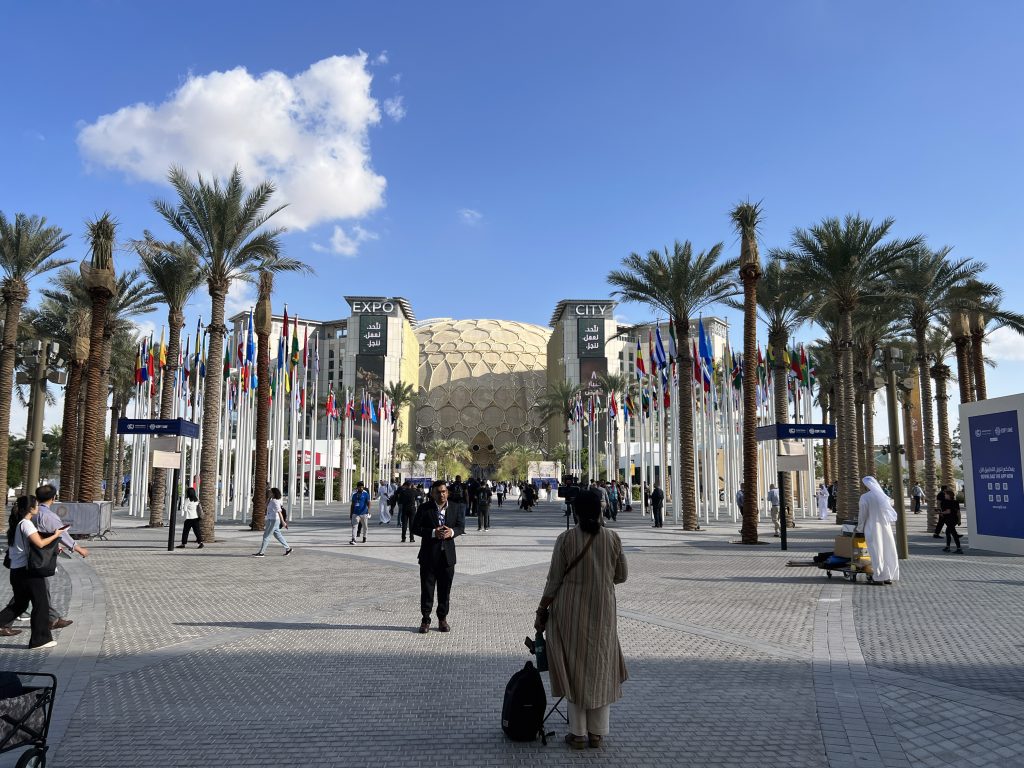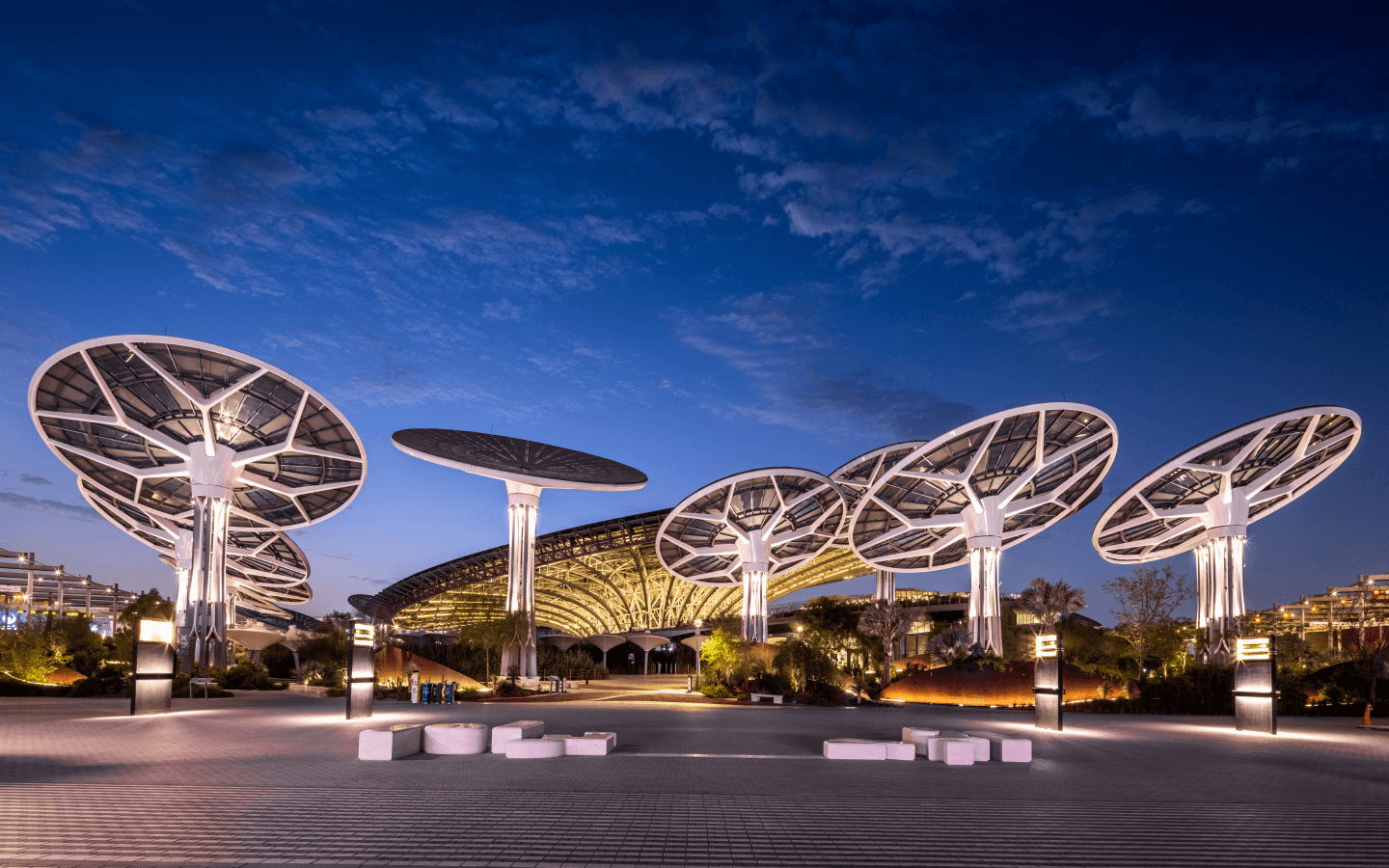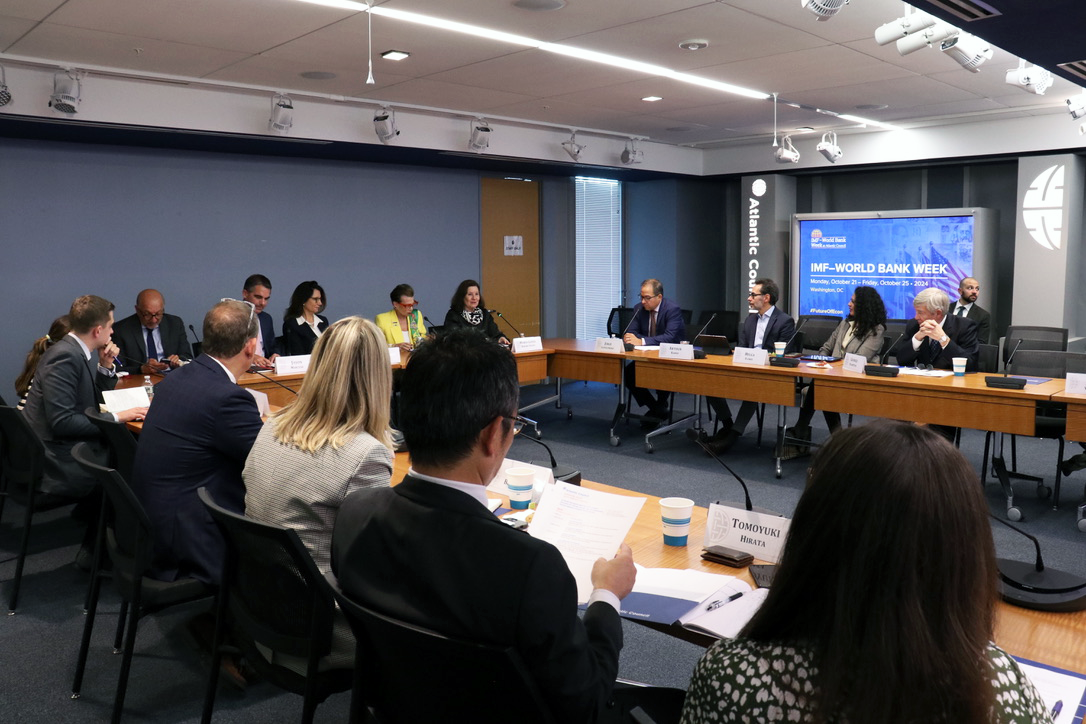As many countries advance their National Adaptation Plans (NAPs), adaptation finance remains critically underfunded. By September 2025, only 67 nations had submitted NAPs to the UNFCCC. Most of these submitted plans lack the concrete, investable project pipelines needed to attract funding. Currently, less than 5 percent of global climate finance is directed toward adaptation. In low-income countries, just 10 percent of disaster losses are insured, compared to 60 percent in wealthier nations.
Despite this imbalance, the private sector—particularly insurers and financial institutions—has the tools, analytics, and appetite to engage. However, they lack clear policy signals and investment-ready frameworks from governments. To attract private investment for climate adaptation, the public and private sectors need to work together to put the right systems in place—like better data, clear policies, and smart financial tools. Achieving meaningful impact requires aligning high-level policy shifts with practical, on-the-ground actions.
Our solution: FINI
To close this structural gap, the Atlantic Council’s Climate Resilience Center, Natural Resources Defense Council, and partners, including the Sharm Adaptation Agenda Finance Taskforce, founded the Fostering Investable National Planning and Implementation (FINI) for Adaptation and Resilience initiative.
FINI connects over one hundred organizations from governments, development banks, investors, insurers, philanthropies, and civil society. It aims to strengthen collaboration between the public and the private financial sectors.
Its larger goal is to scale up investments into adaptation and resilience projects because the necessary financial tools, risk analytics, and technical expertise exist. However, the implementation and achievement of the relevant goals have not been reached. Countries often still fall short of making NAPs investable and channeling finance effectively.
Since it was launched at COP30, FINI works to activate the ecosystem by connecting stakeholders to collectively align capital, reduce risk, and accelerate adaptation investment where it matters most. FINI has breadth and depth, connecting over one hundred organizations across the public and private sectors. Each representative brings critical insights and solutions, all committed to transforming NAPs and other policy processes into real, investable projects. By 2028, the initiative plans to mobilize investment pipelines to raise $1 trillion in adaptation finance. FINI brings together governments, financial institutions, civil society, and international mechanisms to:

Effectively showcase private sector innovations and tools.
FINI builds on the work of the Call for Collaboration, and identifies solutions for more effective private sector collaboration. One of the core challenges is that the public and private sectors communicate goals and priorities differently; so, FINI identifies innovative and effective ways for the sectors to align on communicating benefits and avoided costs, so governments and investors can see why resilience projects are worth funding.

Create “financial sandboxes” to pilot deals, foster innovation, and deliver adaptation investments at scale.
Adaptation should be paid for through a mix of public and private money through grants, loans, and investments. FINI connects stakeholders across sectors to advance pathways for financing according to a project’s risks and long-term benefits. Through its innovative use of “sandboxes,” these stakeholders test adaptation solutions for specific sectors.

Set shared principles and goals for governments, financial institutions, and international partners.
By 2028, FINI aims to facilitate a $500 million commitment from multilateral agencies, IFIs, and philanthropies. It also aims to increase adaptation investments by 20 percent across developing countries from current investment levels and deliver new investment project pipelines through NAPs and related processes that collectively amount to $1 trillion of potential investments in adaptation and resilience.
Meet the FINI facilitators
FINI is a cross-organizational effort. The facilitators drive the process, enabling collaboration nationally and internationally. By connecting representatives from ministries, businesses, and communities as well as international donors and institutions, FINI enhances the potential of NAPs. By mobilizing this ecosystem, FINI seeks to turn adaptation plans into actionable investment pipelines, protecting communities, ecosystems, and economies while driving sustainable growth.

Jorge Gastelumendi
Climate Resilience Center

Yamide Dagnet
NRDC

Nidhi Upadhyaya
Climate Resilience Center

Marcia Toledo
Climate Champions Team

Sabrina Nagel
Climate Resilience Center

Amanda Maxwell
NRDC

Doug Sims
NRDC

Joe Thwaites
NRDC


